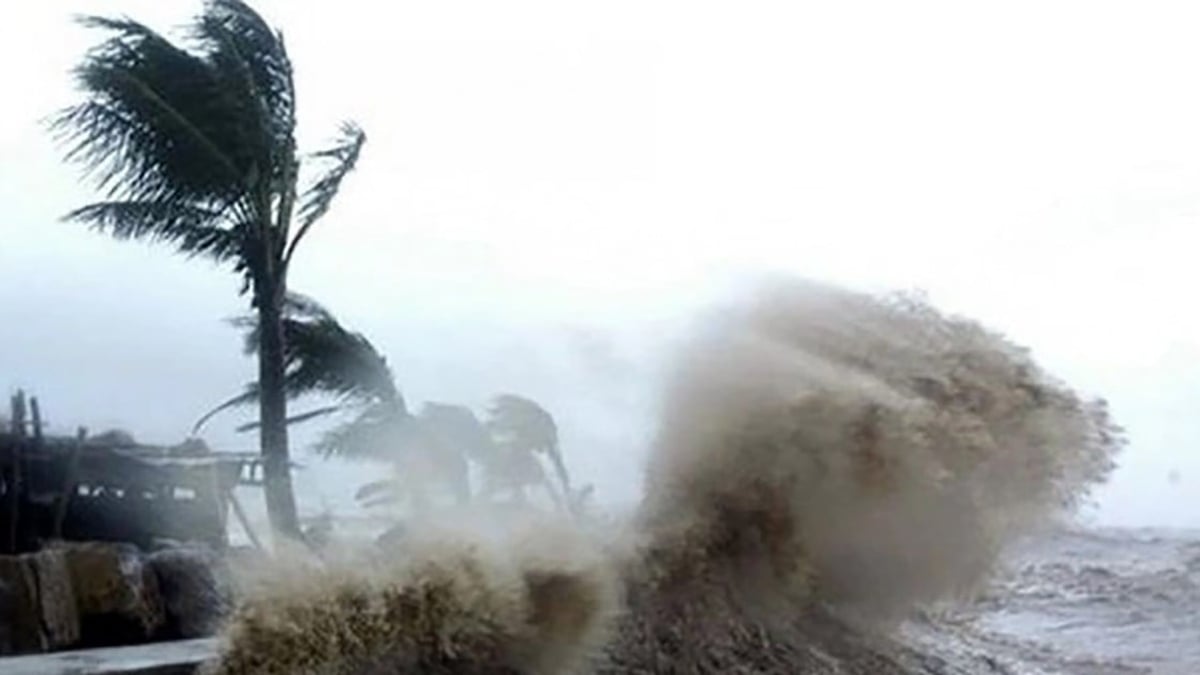
An American tourist staying in the city of Tiberias said that when the attacks began and sirens sounded in the early hours of June 13, they were awakened by constant banging on their bedroom doors. People were taken to shelters, while others were reassured that "they were not in immediate danger.
The city of Tiberias is located in northern Israel, on the western shore of the Sea of Galilee, about 130 km from Tel Aviv. All Israelis in the hotel returned home after the sirens sounded, and foreign tourists were asked to stay in their hotels.
Tours have been canceled and tourist sites across the country have been closed. Israel may also suspend tours to historical and religious sites.
Guests are advised to stay in the hotel, mainly because it is close to bunkers and protected areas, which would be important in the event of attacks from Iran or other forces in the region.
After the pandemic, Israel welcomed about a million visitors a year, of which 70% were tourists. The rest were visiting relatives, according to Yossi Fattal, director of the Association of International Travel Agencies in Israel. At its peak in 2019, nearly 5 million international visitors visited the country. Currently, the number of visitors to Israel is as low as during the pandemic. The Pride Week event (an event within the framework of LGBTQ+ Pride Month) earlier this month, which used to attract a large number of international visitors, now has few visitors and is limited to local scale.
International tourism used to be Israel’s fifth-largest export industry, bringing in nearly $11 billion and accounting for 7 percent of the country’s total exports. Now it accounts for 2 percent.

About 15% of jobs in Israel's periphery depend on tourism. Cities like Tiberias, Nazareth and Safed would be hit hard economically without visitors. "It's not just a matter of security, it's the image of our country that has collapsed over the past year. International reputation is a strategic asset for any country," he said.
Israel has allocated nearly $150 million in its 2025 budget to the Foreign Ministry to deal with the crisis, but Fattal said the move is ineffective despite the large sum of money.
However, with the current tense situation, international tourism experts say that Israel's tourism industry will have a long way to go to recover. Fattal said that even when the war ends, the damage to tourism will still be lasting. Some countries, such as the United States, have issued warnings to their citizens to limit their travel to Israel at this time.
The inbound tourism workforce has also been devastated. Of the 3,000 people who used to work in the industry, only a third remain.
“No industry in Israel is doing worse than ours,” Fattal said.
TH (according to VnExpress)Source: https://baohaiduong.vn/du-lich-israel-tren-bo-vuc-414083.html







![[Video] More than 100 universities announce tuition fees for the 2025–2026 academic year](https://vphoto.vietnam.vn/thumb/1200x675/vietnam/resource/IMAGE/2025/7/18/7eacdc721552429494cf919b3a65b42e)






















































































![[Infographic] In 2025, 47 products will achieve national OCOP](https://vphoto.vietnam.vn/thumb/402x226/vietnam/resource/IMAGE/2025/7/16/5d672398b0744db3ab920e05db8e5b7d)





Comment (0)